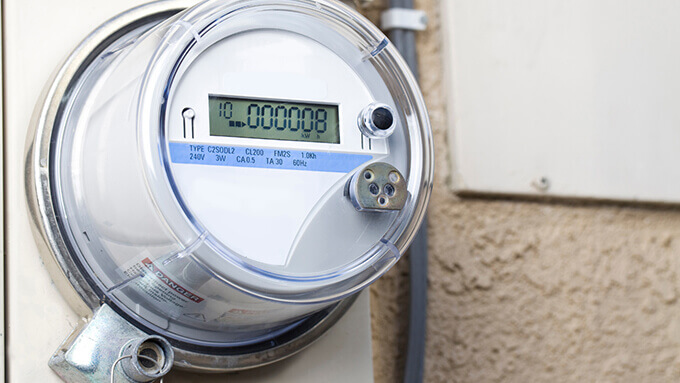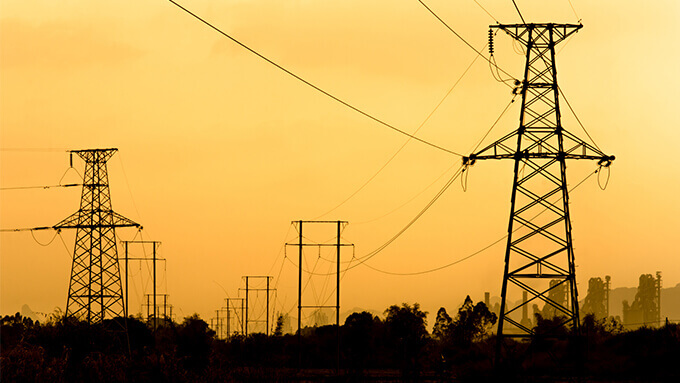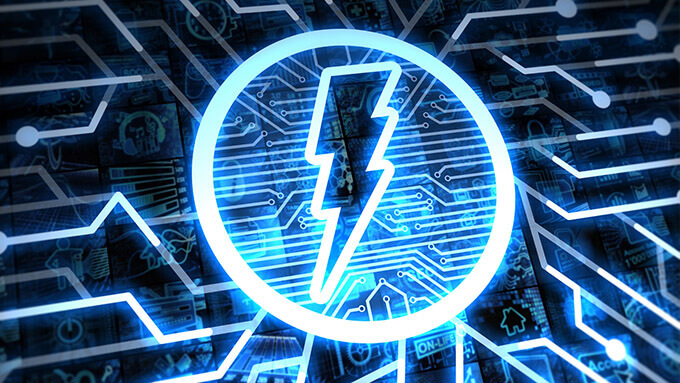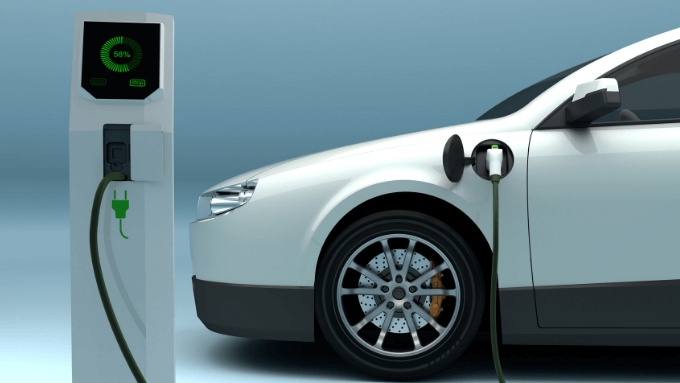The Transfer of License in Electricity Market
Energy, which is indispensable for the information age, and needed by all consumers from homes to industry, is becoming increasingly important for us. The most important area of ??energy is electrical energy that we use mostly in our homes and workplaces.
The basic regulations regarding electrical energy, which may cause great chaos in the assumption that it cannot be provided currently, are included in Electricity Market Law No. 6446 ("EML"). The object of the EML is to ensure the establishment of a financially sound, stable and transparent electricity market operating in a competitive environment under, and subject to, private law provisions, as well as to ensure the independent regulation and supervision of this market for purposes of providing sufficient, good quality, uninterrupted, low cost and environment-friendly electricity to consumers.
In Article 4 of the EML, the activities that can be performed in the electricity market on the condition of obtaining a license are limited. The features that must be found in legal persons who can obtain a license, as well as the conditions that must be fulfilled by legal persons, are set forth in the Electricity Market Licensing Regulation ("Regulation") in detail. As a rule, licenses obtained for these limited activities cannot be transferred. However, the cases that are not considered to be a transfer of license are regulated in the Regulation. This article will focus on the exceptions regarding the transfer of license in the electricity market.
Electricity Market Licensing and Authorization Activities
In Article 3 of the EML, “license” is defined as the permit granted to legal persons allowing them to operate within the market. Considering the public service[1] dimension of electrical energy, we can define the license as the procedure as being a public service that is given to private law legal persons with permission granted by the administration. Although the specified activities are performed by private law legal entities having a license, the Energy Market Regulatory Authority ("EMRA"), which has the authority to regulate, supervise and enforce, always has a public legal personality, administrative and financial autonomy, and be on the other side of the electricity service production. The granting of licenses, cancelling of licenses, taking necessary precautions in advance in cases where license revocations are mandatory for distribution regions, preparing, changing, auditing of the regulations to ensure quality, uninterrupted and continuous delivery of the service, determining pricing principles, approving wholesale, transmission, distribution and retail tariffs to ensure quality, taking necessary measures in accordance with EML regarding the nationalization of private enterprises that have the characteristics of a public service in cases where the public interest necessitates and, finally, to make expropriation upon request, are the EMRA"s duties and powers.[2]
With regard to the EML, the electricity market activities that may be operated under the condition of obtaining a license are defined as production, transmission, distribution, wholesale, retail, market operation, import and export activities. A separate license for each market activity and facility is required. The license types in the electricity market are production license, transmission license, distribution license, supply license, organized industrial zone (“OIZ”) distribution license, OIZ production license, and market operation license. Licenses may be granted for up to 49 years, with a minimum period of 10 years for transmission and distribution licenses.
It is mandatory that the legal persons, who are subject to private law provisions, and who will operate in the market, be incorporated as a joint stock company or a limited company in accordance with the provisions of the relevant legislation, and that the shares of joint stock companies other than those quoted at the stock exchange be in the name of the holder in accordance with the capital market legislation. The issues that should be included in the articles of association of these companies, the process to be followed until the license application is made and finalized, and the conditions to be fulfilled, are all regulated in the Regulation.
Exceptions to the Transfer of License
As per Article 5/3 of the Regulation, licenses cannot be transferred. However, in the relevant Article, the cases that are not considered as transfers of license are listed. These cases may be summarized, as follows:
- A license holder legal person may transfer its rights and obligations to another legal person by merger or division in accordance with Turkish Commercial Code No. 6102 (“TCC”).
- The rights and obligations of a production license holder legal person may be transferred to another legal person established with the same partnership structure, provided that the approval of the EMRA is obtained, and the new legal person fulfills the obligations specified under the Regulation.
- A production license holder may transfer the production facility under the license to another legal person who wishes to continue its activities under the license through another transaction that results in a change in the right of use, such as sale, transfer or lease, provided that the approval of the EMRA is obtained. In this way, the legal person who will take over the production facility must obtain approval from the EMRA before the transfer process takes place.
- In the event that limited or irrevocable project financing is provided by banks and / or financial institutions to the production license holder legal person, the banks and / or financial institutions must notify and make a proposal to the EMRA with justification, in accordance with the provisions of the contract. A new license may be issued, provided that it is found to be appropriate, and the proposed company meets the necessary conditions.
In line with economic developments and various needs, mergers and divisions often take place before legal persons. Especially in merger and division transactions performed by license holder legal persons, aside from the procedures to be followed in accordance with the TCC, the license transfer process before the EMRA is a process that must be carried out carefully. The EMRA’s approval must be obtained before the relevant transaction is taken regarding the said merger or demerger transaction. If the merger or division process is not completed within six months from the date of permission of the EMRA, the granted permission becomes invalid. In this case, the merger or division process cannot be continued without obtaining new permission through the decision of the EMRA.
However, as stated, above, the rights and obligations of a legal person holding a production license may be transferred to another legal person established with the same partnership structure. However, if the owner of the production license is a public legal person, the rights and obligations may only be transferred to another legal person, and established by this legal person with 100 percent of the shares. In the case of changes in the partnership structures of legal entities whose licenses are approved by the Board as a continuation of the former license, except for publicly held shares, until the relevant legal entity is granted a license, the license applications of these legal entities are rejected by the decision of the Board.
Application for a New License as a Continuation of the Former License
In order to transfer the license, firstly, approval must be obtained from the EMRA according to the nature of the transactions listed, above. The decision of the EMRA regarding the approval of the transaction is notified to the relevant institutions or organizations. Board approval is given provided that the obligations under the Regulation are fulfilled. In the approval letter of the EMRA, according to the process subject to the application; (i) the time requirement for the execution of the transaction, and (ii) the notification requirement after the transaction, may be identified. It is necessary to pay attention to the conditions in the approval letter of the EMRA, the obligations requested to be fulfilled, and the periods, if any, by the legal persons. Following the approval obtained from the EMRA for the execution of the transaction, the relevant transaction is carried out and, finally, an application of "a new license as a continuation of the former license," is made. The term in question is very important as it should not be mistaken that “new licenses” are given to companies taken over by license holder legal persons. As a matter of fact, both application types are independent from each other: The documents and information to be submitted within the scope of the application differ.
As it may be understood, a separate application process must be performed by the legal persons that have taken over the new license as a continuation of the former license. In accordance with the "Procedures and Principles Regarding Applications Regarding Pre-License and License Transactions," which was approved by the EMRA, a new license application as a continuation of the former license is made via the EMRA Application System, electronically, by the electronic application authority.
In order for a legal person to apply through the EMRA Application System, it is necessary to have at least one electronic application authority. In order for the legal person authorized to be defined as the electronic application authority, the EMRA must be notified in writing through a petition. It is not possible for legal persons to continue the application process without performing the authorized assignment process.
After the appointment of the application authority, explanations regarding the information and documents to be submitted in the license applications within this scope are included in Article 11 of the "Explanations" section of "Annex-4: List of Information and Documents to be Submitted in the License Application." Application petition of license, authorization certificate, articles of association, documents showing the partnership structure, control statement / certificate, documents showing the current capital amount of the legal person, the document showing that the license fee has been deposited in the EMRA account, and the declaration of non-ban are among the documents that must be submitted to the EMRA at the time of application.
Conclusion
Activities that may be performed with a license in the electricity market are limited in number in the EML. All regulations regarding the licenses issued for these activities are included in the Regulation. In accordance with the provision of the Regulation, as a rule, licenses cannot be transferred. However, there are exceptions to this rule. As a result of these exceptional circumstances, the legal person who took over the license is given a new license as a continuation of the former license. The new license application, which is a continuation of the former license, is a sensitive process that must be carried out by legal entities before the EMRA.
[1] Constitutional Court Decision dated 9.12.1994 and numbered E.1994/43, K.1994/42-2; Constitutional Court Decision dated 28.6.1995 and numbered E.1994/71, K.1995/23.
[2] Şanlı, Yeliz: “Elektrik Hizmeti Kamu Hizmetidir” TMMOB Türkiye VII. Enerji Sempozyumu Bildirileri, 2009.
All rights of this article are reserved. This article may not be used, reproduced, copied, published, distributed, or otherwise disseminated without quotation or Erdem & Erdem Law Firm's written consent. Any content created without citing the resource or Erdem & Erdem Law Firm’s written consent is regularly tracked, and legal action will be taken in case of violation.










